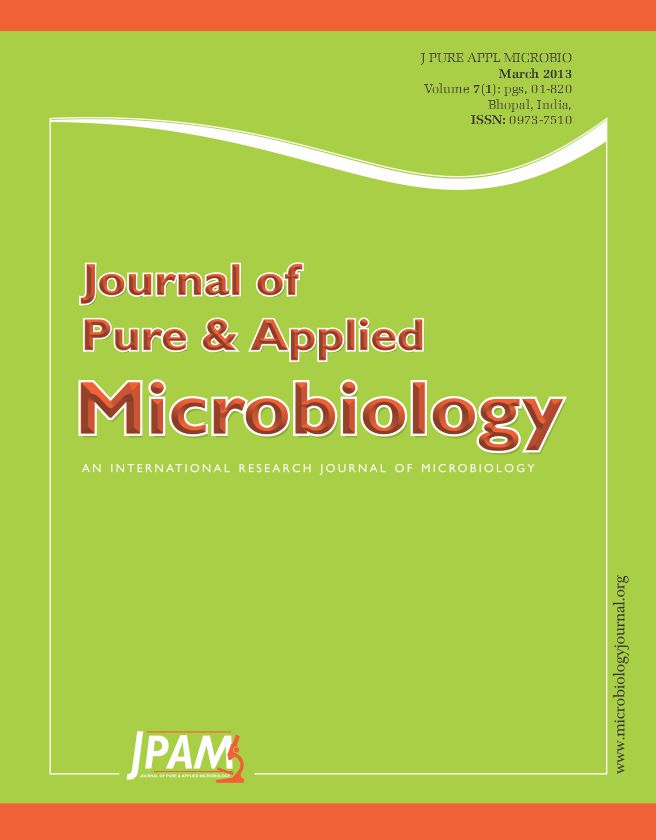Poultry meat is a food which has been accepted worldwide throughout the ages, mostly due to its relatively low cost of production, low fat content and the high nutritional value. The consumption of poultry products is increasing every year and consumers want a safe product. At present, meat industry uses chemical additives to prevent growth of food-borne pathogens and extend the shelf life of refrigerated storage. Since concern over the safety of chemical additives has arisen in recent years, consumers increasingly demand use of natural products as alternative preservatives in foods. Among several essential oils that may be useful as antimicrobial agents, oregano oil (Origanum heracleoticum L.) may have the greatest potential for use in industrial applications. In this context, the aim of the present work is to evaluate the effect of addition of oregano essential oil in marinade in three concentrations (1.25%, 0.625% and 0.156%) on the shelf – life of marinated chicken fillet and their sensory properties.
Essential oil, Origanum heracleoticum L., Marinated meat, Shelf-life
© The Author(s) 2014. Open Access. This article is distributed under the terms of the Creative Commons Attribution 4.0 International License which permits unrestricted use, sharing, distribution, and reproduction in any medium, provided you give appropriate credit to the original author(s) and the source, provide a link to the Creative Commons license, and indicate if changes were made.


